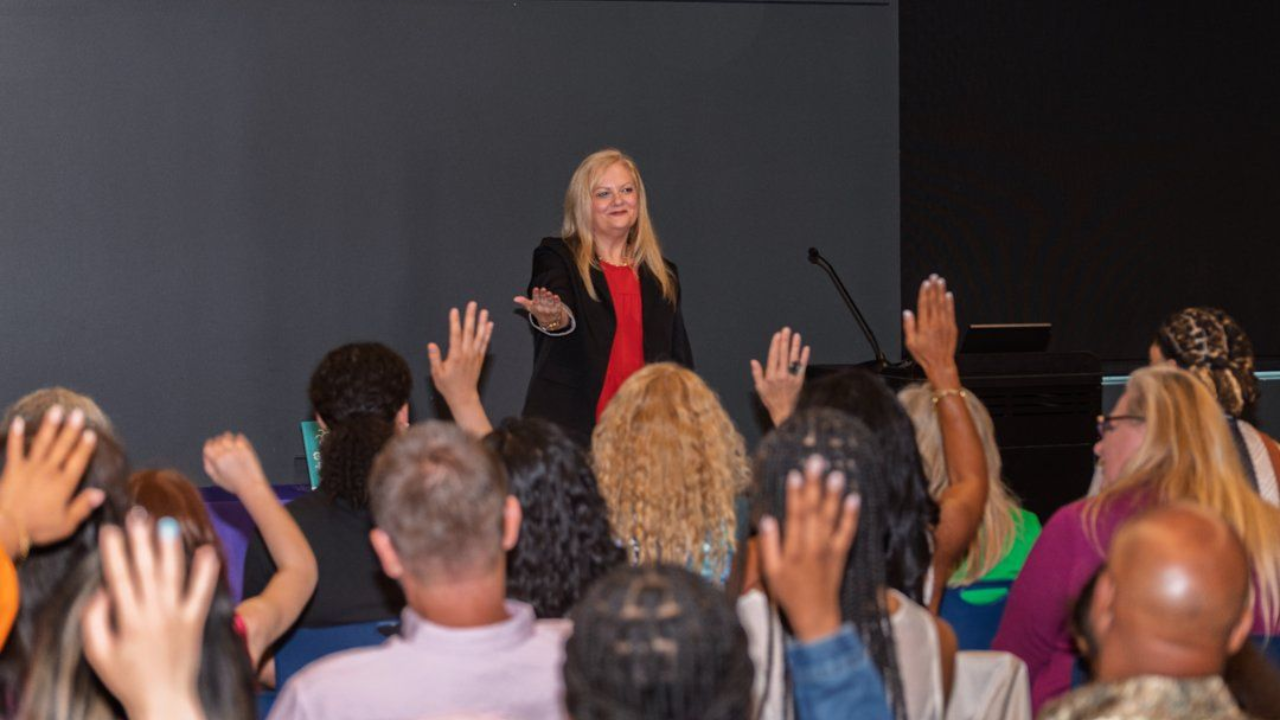Self-Abandonment: The Healing Journey Back to Self-Trust
Nov 18, 2025
The Parable That Mirrors Us
There’s an old Zen story about a man racing down the road on a horse. A monk calls out, “Where are you going?” The man shouts back, “I don’t know—ask the horse!”
I love this story because it captures the essence of self-abandonment. The horse is our conditioning—our fears, our people-pleasing habits, our survival strategies. The rider is us. When we abandon ourselves, we hand the reins to the horse. We gallop through life without direction, driven by patterns we never consciously chose.
And if I’m honest, I used to live my life like the rider—moving fast, but not knowing where I was going, because I wasn’t listening to myself.
What Self-Abandonment Looks Like
Self-abandonment isn’t always dramatic. It’s subtle, quiet, and often invisible.
-
Saying yes when every fiber of your being wants to say no.
-
Silencing your emotions because you fear being “too much.”
-
Ignoring your body’s signals—pushing past exhaustion, hunger, or intuition—because you don’t want to disappoint anyone.
It’s turning away from yourself in the moments you most need your own loyalty.
Why We Do It
We don’t abandon ourselves because we’re weak. We do it because, at some point, it felt necessary to survive.
-
As children, many of us learned that love was conditional. To be accepted, we had to suppress parts of ourselves.
-
We fear rejection, so we betray our truth to keep others close.
-
We chase perfection and external validation, believing our worth depends on meeting expectations.
-
We avoid conflict, even when it costs us peace inside.
Like the rider in the parable, we let the horse run because we believe it’s safer than holding the reins.
The Cost of Self-Abandonment
But the cost is high.
-
We lose touch with our authentic feelings and desires.
-
We burn out from constantly prioritizing others.
-
We forget who we are outside of roles and obligations.
-
We feel lonely, even in a crowd, because we aren’t showing up for ourselves.
Self-abandonment fractures us. It leaves us living half-lives, disconnected from the very person we most need—ourselves.
Self-Abandonment and Self-Trust
Self-trust is built when we consistently honor our needs, boundaries, and inner wisdom. Every time we abandon ourselves, we erode that trust.
-
We teach ourselves that our voice doesn’t matter.
-
We stop believing we can rely on our own care.
-
We reinforce the belief that safety lies outside of us, instead of within.
Healing means reversing this pattern. It means proving to ourselves, in small daily ways, that we are safe in our own loyalty.
What It Feels Like When We Don’t Self-Abandon
If self-abandonment feels like handing the reins to the horse, then self-loyalty feels like holding them firmly and choosing your path.
When we don’t abandon ourselves:
-
We feel grounded. Decisions come from alignment, not fear.
-
We feel safe inside. A quiet confidence grows when we prove we’ll show up for ourselves.
-
We feel connected. Relationships deepen because we bring our authentic selves, not a mask.
-
We feel free. Life stops being about pleasing or performing, and starts being about living from the inside out.
-
We feel whole. Our inner and outer selves match, giving us integrity and peace.
It’s not that challenges disappear. But when we don’t self-abandon, we face them with resilience, because we know we’re not alone—we have ourselves.
The Healing Journey
Healing from self-abandonment isn’t about grand gestures—it’s about reclaiming the reins, one choice at a time.
-
Notice when you override your feelings. Pause. Ask yourself what you truly want.
-
Practice saying no without apology.
-
Reconnect with your body’s signals—rest when you’re tired, eat when you’re hungry, trust your intuition when it whispers.
-
Celebrate small acts of self-honoring; they rebuild trust brick by brick.
Each time you choose yourself, you strengthen the bond with your own soul. You remind yourself: I am here. I will not leave you.
Closing Thought
Like the man in the parable, many of us have let the horse run our lives. But healing begins the moment we take back the reins. Self-trust doesn’t grow in one sweeping act—it grows in the quiet, daily choice to stand with ourselves.
And that’s the journey: moving from self-abandonment to self-loyalty, from galloping aimlessly to riding with intention. The horse may still want to run, but now, you’re holding the reins.
STRONG HEART Warrior Project
-
Betrayal happened. You’re still here.
-
Gentle power isn’t weakness—it’s your weapon.
-
Rebuild your Trust Bridge. One truth at a time.
-
Healing isn’t quiet. It’s revolutionary.
-
Join the movement. Speak. Rise. Reclaim.
Stay connected with news and updates!
Join our mailing list to receive the latest news and updates from our team.
Don't worry, your information will not be shared.
We hate SPAM. We will never sell your information, for any reason.


